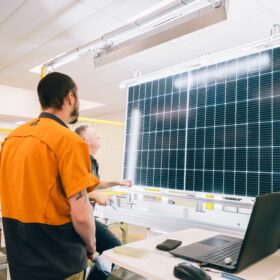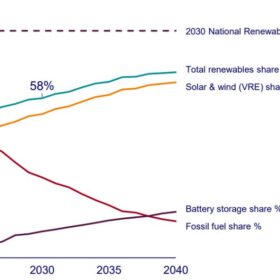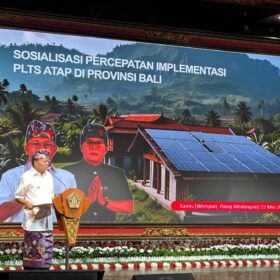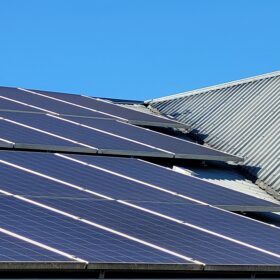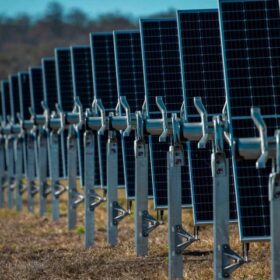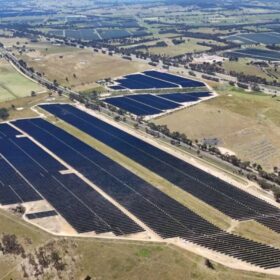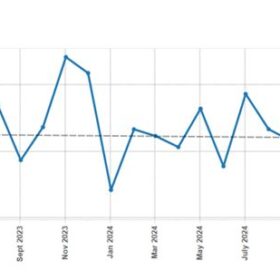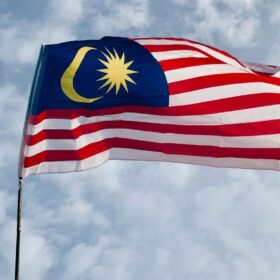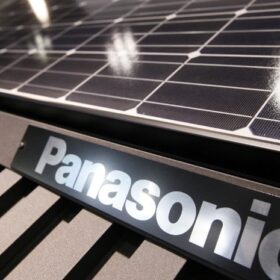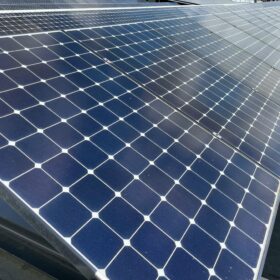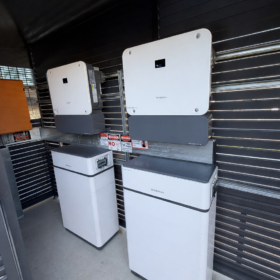Australian-made panel tops consumer group’s product test
A monocrystalline PERC solar panel manufactured by Tindo Solar has been rated the top-performing rooftop module in Australia by consumer advocacy group Choice.
WoodMac tips Australia to fall short of 82% renewables goal
Global analytics firm Wood Mackenzie predicts Australia will fall well short of its target of 82% renewable generation by 2030 due to grid connection delays, inadequate investment and moves from some state governments to scale back their clean energy ambitions.
Bali launches rooftop solar acceleration program
The Indonesian province of Bali plans to scale up rooftop solar installations across government buildings, public facilities, and businesses to reduce dependence on fossil-based electricity.
South Australian solar installer convicted for false claims
An electrician in South Australia has been convicted and fined for providing false or misleading documents in the small-scale renewable energy scheme.
Utility-scale solar tipped to reach 50 GW in five years
Australia’s solar sector is poised for significant growth in the next five years with a new report projecting utility-scale PV will exceed 50 GW total capacity by 2030, up from about 10 GW current operational capacity.
Surge in renewables delivers fresh records in NEM
New data released by the Australian Energy Market Operator details the growing reach of clean energy technologies with renewables, including grid-scale and rooftop solar providing 43% of the supply mix in the nation’s main grid during the first three months of the year.
Rooftop solar rates slow as April calendar catches up
Australia’s rooftop solar market suffered a downturn in April with about 225 MW of new capacity registered across the country last month, down 10% compared to the previous month.
Malaysia introduces rooftop solar aggregation scheme
Malaysia’s first rooftop aggregation initiative for solar systems is now live. The program allows homeowners to lease or rent their rooftop for solar generation, with the electricity produced sold to commercial and domestic customers within a 5 km radius.
Panasonic exits solar and battery storage
Panasonic has told its installation partners that it will no longer produce products for the residential solar and storage markets but will continue to offer warranty and installation support for existing and ongoing projects.
University researchers develop passive solar module cooling method
Researchers in Iran developed a passive solar module cooling method using silicon carbide porous ceramic. When combined with phase change materials, the technique reportedly boosts panel performance by up to 7.4%.
